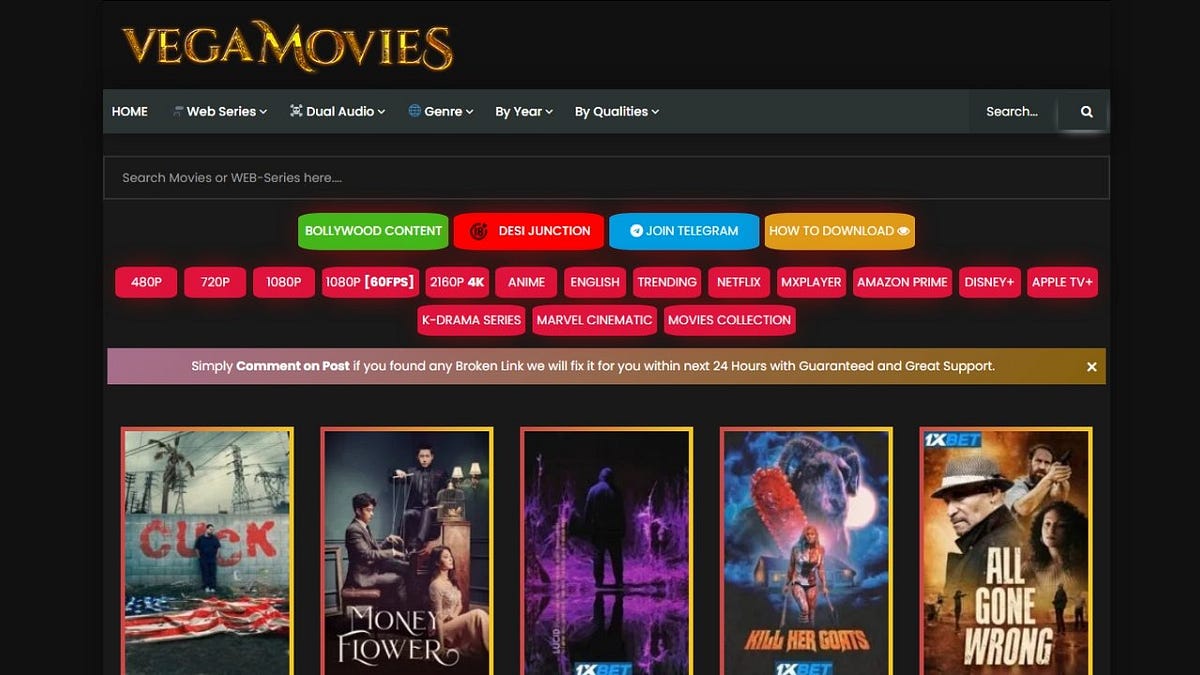Google Search Errors: Troubleshooting "No Results" - Tips & Tricks
Is the information age failing us, or are we failing it? The incessant "We did not find results for:" messages that plague our digital searches are not just a minor inconvenience; they are a symptom of a deeper malaise a disconnect between the vast ocean of information available and our ability to navigate it effectively.
The digital landscape, once hailed as a boundless repository of knowledge, is increasingly becoming a frustrating maze. We type in our queries, armed with the conviction of modern technology, only to be met with the cold, dismissive declaration: "Check spelling or type a new query." This phrase, a familiar foe to anyone who has dared to explore the internet for anything beyond the most basic of searches, has become the bane of our existence. It is a testament to the algorithms that, despite their sophistication, often fall short of understanding the nuances of human intent and the vastness of the information landscape. It is a reflection of the complex interplay of search engine optimization (SEO), the biases encoded into these systems, and, perhaps most dishearteningly, our own imperfect ability to articulate the questions we are trying to answer.
Let's consider the implications of this pervasive "We did not find results for:" problem. Firstly, it speaks to the limitations of current search technologies. Algorithms, no matter how advanced, are still reliant on keywords and pattern recognition. They struggle with context, implied meaning, and the dynamic nature of information. This is particularly true when dealing with complex topics, emerging trends, or historical data, often leading to the "Check spelling or type a new query" response. Secondly, it highlights the issues of information accessibility. The internet, while vast, is not uniformly accessible. Language barriers, the digital divide, and paywalls all contribute to the problem of information being siloed and unavailable. Moreover, theres the sheer volume of data. The internet is a data deluge. Efficient search requires an ability not just to find information, but also to filter out noise, identify reliable sources, and assess credibility. This ability is not always possessed by those who are tasked with querying the information space.
- Stream Download Latest Bollywood Movies Free On Hdmovie2 More
- Hdhub4u Free Movie Downloads Streaming Guide Watch Now
The issue extends beyond mere technological limitations. It also touches upon the very nature of knowledge itself. The "We did not find results for:" message can act as a barrier, not just to information, but to critical thinking and creativity. It can discourage us from asking complex questions, exploring new ideas, and challenging the status quo. If every attempt at expanding our understanding is met with frustration, the human spirit of inquiry may be dampened.
The problem is often compounded by the limitations of the user. Our typing errors, our poorly formulated questions, the use of jargon, and even our own biases all influence the search process. We may have the information readily available, but our inability to construct a query that effectively extracts it may lead to the dreaded "Check spelling or type a new query."
The "Check spelling or type a new query" message, is a persistent reminder that our digital tools are not always reliable, and that the path to enlightenment in the information age is far from straightforward. To be more effective seekers of knowledge, we may need to refine our search strategies, diversify our sources, and cultivate a more critical approach to information.
- Where To Watch Bollywood Movies Online Your Ultimate Guide
- Kannada Movies 2024 The Ultimate List Box Office Hits
To illustrate the complexities that lie at the core of this problem, let us consider the hypothetical subject of "Algorithmia, CEO of SearchTech Inc."
| Category | Details |
|---|---|
| Full Name | Algorithmia Search |
| Date of Birth | Hypothetical - Assuming born in the age of algorithms |
| Place of Birth | Silicon Valley (Hypothetical) |
| Nationality | Algorithmic Citizen (Hypothetical) |
| Education | Doctorate in Computational Linguistics, Masters in Artificial Intelligence |
| Current Role | CEO, SearchTech Inc. |
| Career Highlights |
|
| Professional Affiliations |
|
| Key Publications |
|
| Awards and Recognition |
|
| Website (Hypothetical) | www.searchtech.com |
In the instance of a prominent CEO, like Algorithmia, the digital landscape presents its own set of challenges. The information available about such a figure is often vast and complex. The need for precision in queries becomes more critical. One mistake in the search string, the use of an incorrect abbreviation, or a failure to specify a particular period or focus can quickly lead to a futile search the inevitable "Check spelling or type a new query."
Consider, for example, the challenge of researching the impact of SearchTech's data privacy policies. A simple search for "SearchTech privacy" might yield generic results. To delve into the specifics, you might need to specify the policy version, the geographical region, and the particular areas of concern. Without this level of precision, the results are likely to be disappointing. The search system, even if advanced, may be unable to comprehend the full scope of the query.
The digital landscape is filled with challenges, and one of the most frustrating is the frequent appearance of "Check spelling or type a new query." But the problem doesnt rest solely in the technology itself. Search engines, after all, are just tools, and the effectiveness of a tool depends on the skill and expertise of the user. The user's understanding of the topic, their ability to frame questions clearly, and their critical approach to evaluating the results all contribute to success.
The challenges related to searching extend to more than just finding information about people. Imagine the difficulties in trying to get information on the history of, say, "the Silk Road."
| Aspect | Details |
|---|---|
| Definition | A network of trade routes, formally established during the Han Dynasty of China, which linked the East and West and was central to cultural interaction and exchange. |
| Geographical Span | Spanned from East Asia (China, Korea, Japan) across Central Asia, the Indian subcontinent, and the Middle East to Europe and North Africa. |
| Key Commodities Traded | Silk (primary), spices, precious stones, textiles, horses, and technologies. |
| Historical Significance | Facilitated the exchange of goods, ideas, cultures, and religions (Buddhism, Christianity, Islam), shaping the course of civilizations and contributing to globalization. |
| Major Routes |
|
| Notable Cities and Regions | Chang'an (Xi'an), Dunhuang, Samarkand, Baghdad, Constantinople (Istanbul). |
| Key Historical Figures | Zhang Qian (Han Dynasty explorer), Marco Polo (Venetian merchant and explorer). |
| Challenges and Risks | Harsh terrains, banditry, political instability, and disease. |
| Decline of Silk Road | The decline was due to the rise of sea trade, political instability (e.g., Mongol conquests), and changing economic conditions. |
A seemingly simple query such as "Silk Road history" could lead to a broad range of results, some of which could be inaccurate or biased. To delve deeper, a user would need to refine the search, perhaps specifying the dynasty of the Chinese empire, particular commodities traded, the economic impact of the Silk Road, or specific trade routes. Without such refinements, the search may yield irrelevant or incomplete information. It is the same problem, in essence the gap between the search and the understanding.
The problem of unhelpful search results isnt only a problem of technology. The user also contributes to this. Typing errors, vague search terms, and the failure to recognize the various biases that permeate the internet, whether it be from the search algorithms, the data sources themselves, or the very nature of the questions being asked, are all contributing factors. The best way to navigate the ocean of information is to develop the necessary skills to do so to be more informed, more critical, and more precise with our queries. This is the best defense against the frustrations of the Check spelling or type a new query response. We can improve our search skills, diversify our sources, and, above all, recognize the limitations of the tools we use.
We are living in an age where information is abundant, but true knowledge requires more than just access. It requires the ability to find, to understand, and to critique the information available. Every time we see the dreaded message, "Check spelling or type a new query," it is not just an annoyance, but a reminder of this ongoing challenge a reminder of the need to improve our information skills and our critical thinking, and to push for better search tools. In short, the "We did not find results for:" message serves as a persistent call for improvement for both the technology and the people who use it.
It's a call we must heed if we are to truly harness the potential of the information age and avoid being perpetually lost in the digital desert.
Article Recommendations
- Hdhub4u Risks Of Downloading Movies From Piracy Sites What You Need To Know
- Nagi Hikaru Rising Star In Japans Av Industry Info Facts



Detail Author:
- Name : Elian Pollich
- Username : efahey
- Email : ondricka.alford@grant.com
- Birthdate : 2002-02-24
- Address : 861 Stan Curve Suite 616 North Judson, FL 25902-0786
- Phone : +1.952.410.7258
- Company : Beer-Armstrong
- Job : Construction Laborer
- Bio : Alias laudantium unde molestias sit praesentium libero fugit. Occaecati exercitationem corrupti enim placeat. Sapiente et consequatur iure exercitationem.
Socials
instagram:
- url : https://instagram.com/thelma_treutel
- username : thelma_treutel
- bio : Harum omnis qui vero deserunt quasi. Commodi exercitationem eveniet ullam suscipit saepe molestias.
- followers : 2063
- following : 1335
twitter:
- url : https://twitter.com/thelma_treutel
- username : thelma_treutel
- bio : Explicabo sequi eum ut. Commodi consequatur autem modi ut inventore dolorem quasi. Officia debitis rerum dicta. Est est quae expedita omnis quaerat possimus.
- followers : 6646
- following : 2333
facebook:
- url : https://facebook.com/thelma319
- username : thelma319
- bio : Incidunt ipsam sit sequi.
- followers : 424
- following : 1803